Félicitation à notre collègue Miloud Rezkallah pour sa nouvelle publication scientifique: 𝙍𝙚𝙖𝙡-𝙏𝙞𝙢𝙚 𝙄𝙢𝙥𝙡𝙚𝙢𝙚𝙣𝙩𝙖𝙩𝙞𝙤𝙣 𝙤𝙛 𝙩𝙝𝙚 𝙋𝙧𝙚𝙙𝙞𝙘𝙩𝙞𝙫𝙚-𝘽𝙖𝙨𝙚𝙙 𝘾𝙤𝙣𝙩𝙧𝙤𝙡 𝙬𝙞𝙩𝙝 𝘽𝙖𝙘𝙩𝙚𝙧𝙞𝙖𝙡 𝙁𝙤𝙧𝙖𝙜𝙞𝙣𝙜 𝙊𝙥𝙩𝙞𝙢𝙞𝙯𝙖𝙩𝙞𝙤𝙣 𝙏𝙚𝙘𝙝𝙣𝙞𝙦𝙪𝙚 𝙛𝙤𝙧 𝙋𝙤𝙬𝙚𝙧 𝙈𝙖𝙣𝙖𝙜𝙚𝙢𝙚𝙣𝙩 𝙞𝙣 𝙎𝙩𝙖𝙣𝙙𝙖𝙡𝙤𝙣𝙚 𝙈𝙞𝙘𝙧𝙤𝙜𝙧𝙞𝙙 𝘼𝙥𝙥𝙡𝙞𝙘𝙖𝙩𝙞𝙤𝙣. Cet article est le fruit d’une recherche rendue possible grâce à une subvention du Réseau québécois sur l’énergie intelligente (𝗥𝗤𝗘𝗜)
Résumé de l’article
In this paper, the predictive-based control with bacterial foraging optimization technique for power management in a standalone microgrid is studied and implemented. The heuristic optimization method based on the social foraging behavior of Escherichia coli bacteria is employed to determine the power references from the non-renewable energy sources and loads of the proposed configuration, which consists of a fixed speed diesel generator and battery storage system (BES). The two-stage configuration is controlled to maintain the DC-link voltage constant, regulate the AC voltage and frequency, and improve the power quality, simultaneously. For these tasks, on the AC side, the obtained power references are used as input signals to the predictive-based control. With the help of the system parameters, the predictive-based control computes all possible states of the system on the next sampling time and compares them with the estimated power references obtained using the bacterial foraging optimization (BFO) technique to get the inverter current reference. For the DC side, the same concept based on the predictive approach is employed to control the DC-DC buck-boost converter by regulating the DC-link voltage using the forward Euler method to generate the discrete-time model to predict in real-time the BES current. The proposed control strategies are evaluated using simulation results obtained with Matlab/Simulink in presence of different types of loads, as well as experimental results obtained with a small-scale microgrid. View Full-Text
Keywords: bacterial foraging optimization (BFO); battery energy storage; diesel generator; power management; power quality; predictive control; renewable energy sources; standalone microgrid
Article libre pour consultation et téléchargement ici: https://www.mdpi.com/1996-1073/14/6/1723

